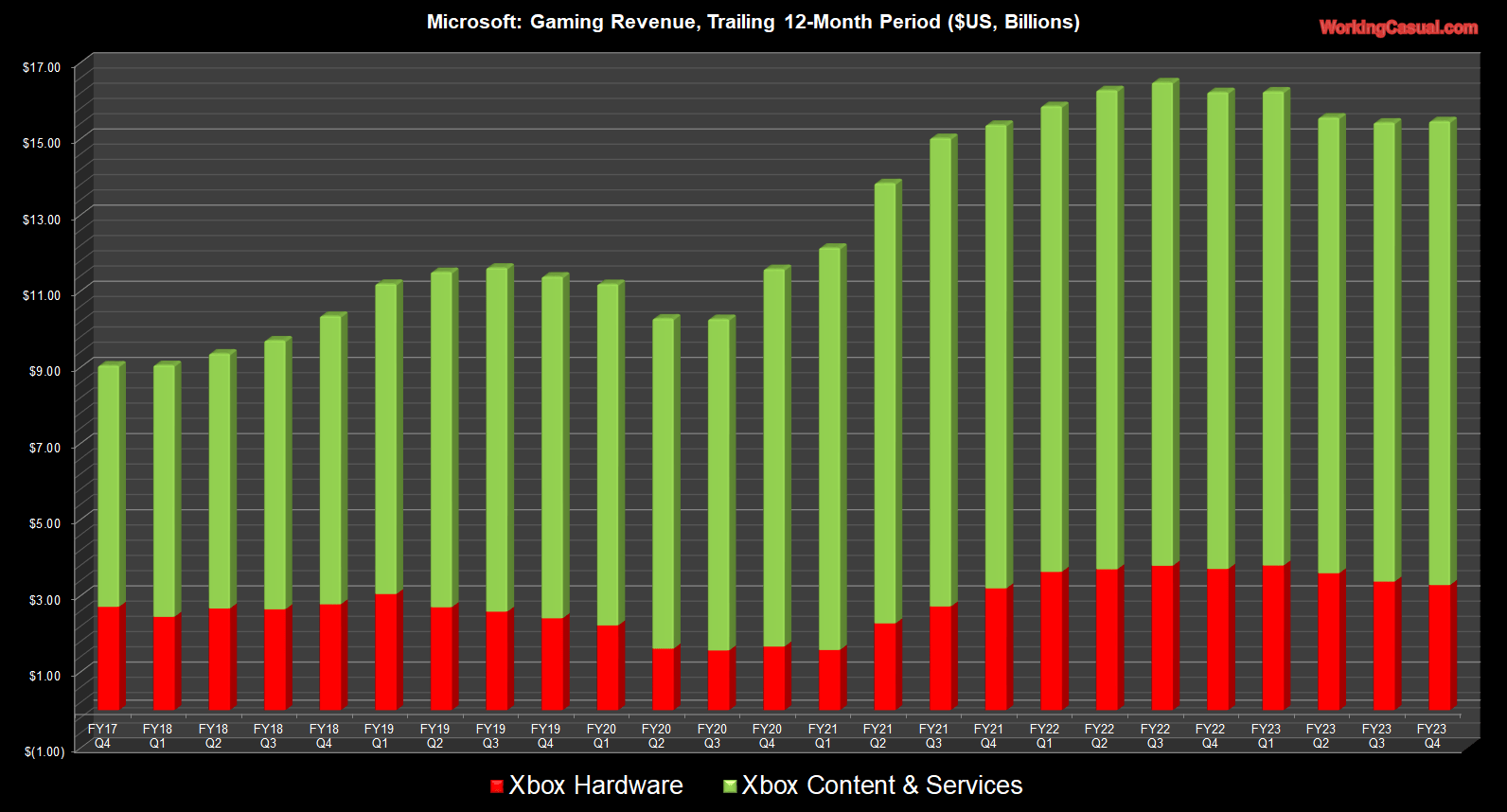In a summit, US President Joe Biden and Chinese leader Xi Jinping convened at the Filoli estate near San Francisco, marking their first face-to-face interaction in a year. The meeting, set against the backdrop of the Asia-Pacific Economic Cooperation (APEC) forum, was a significant diplomatic endeavor aimed at addressing key global and bilateral issues.
Easing global frictions
Central to the discussions were efforts to mitigate escalating tensions over military conflicts, drug trafficking, and the intricacies of artificial intelligence. With a clear focus on reducing potential conflict, the leaders underscored the importance of responsible competition management. President Biden stressed the necessity for the two superpowers to prevent their rivalry from devolving into open conflict, highlighting the joint responsibility in tackling global challenges like climate change, counter-narcotics operations, and developing and regulating AI technologies.
This meeting was not just about easing tensions but also about establishing a dialogue on complex issues. The two leaders engaged in candid discussions, reflecting on the substantial changes since their last meeting in Bali. With the world emerging from the shadows of the COVID-19 pandemic and grappling with a sluggish global economy, the talks highlighted the shared responsibilities the US and China bear.
Addressing divergent interests
Despite efforts to find common ground, the summit did not shy away from addressing areas of disagreement. Topics such as the status of Taiwan, territorial disputes in the South China Sea, the Israel-Hamas conflict, Russia’s actions in Ukraine, North Korea’s stance, and human rights issues were brought to the forefront. These contentious subjects underscore the complexity of the US-China relationship and the need for continued dialogue.
President Biden and Xi Jinping recognized the significance of their bilateral relations, with Xi referring to it as “the most important bilateral relationship in the world.” He emphasized that turning away from each other was not viable for either nation, highlighting the catastrophic consequences of potential conflict and confrontation.
Future prospects and challenges
Following a comprehensive four-hour dialogue, the leaders’ interaction in the serene setting of Filoli’s manicured gardens signaled a mutual understanding of the importance of their countries’ relationship. The White House described the discussions as candid and constructive, covering a range of bilateral and global issues.
However, significant progress in resolving deep-seated differences might require more time and effort. The leaders are expected to continue discussing various issues where their countries’ interests diverge. These discussions are crucial for the US and China, and the global community, given the significant influence both countries wield on the international stage.
In a broader context, the APEC forum presents an opportunity for both leaders to engage with other nations and business leaders. The summit occurs amidst Chinese economic challenges, regional territorial disputes, and a Middle East conflict that has created rifts between the United States and some of its allies.
The meeting between Biden and Xi marks a crucial step in direct diplomacy, with potential ramifications for international relations and global stability. While the summit laid the groundwork for future dialogues and cooperation, it highlighted the complexities and challenges inherent in the US-China relationship. The world watches as these two leaders navigate their countries through a landscape marked by competition, collaboration, and the delicate balance of power on the global stage.





